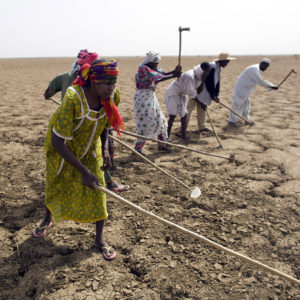Dear Loss and Damage Fund Board Members, Congratulations on your appointment to the board of the Loss and Damage Fund (LDF). We are grateful for your acceptance of this responsibility and your commitment to such a significant task. We understand the urgency of the moment and the immense challenges posed by climate change. The success ...
The poorest countries of the world are being hit disproportionately hard by the extreme weather brought by climate change. Their people end up even poorer. It’s a very unjust situation.
Caritas works at the local level to help people to be prepared and to adapt to what is happening. It means increasing their defenses against heavy rains and floods, distributing drought resistant seeds and training farmers in the best agricultural techniques. Caritas also gives farmers energy efficient stoves to save on firewood and to reduce carbon emissions. It helps them build up and diversify their assets and to protect them in the face of more frequent crises.
Caritas also advocates on behalf of those most affected by climate change, calling for poor countries to be given financial and technical help. Caritas lobbies at high-level international meetings for more investment in disaster preparedness and for proper protection to people forced to migrate because of climate change.
Caritas Updates on Climate Change
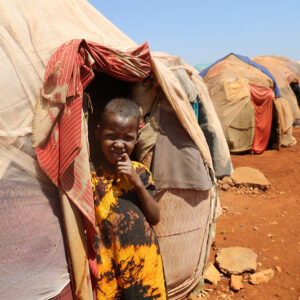
As a member of the Civil Society Delegation, Caritas Internationalis will participate in the upcoming 14th Summit of the Global Forum on Migration and Development (GFMD), to be held in Geneva from 23-25 January 2024. This three-day meeting is an opportunity for States and key stakeholders to discuss major migration challenges and priorities for policy ...
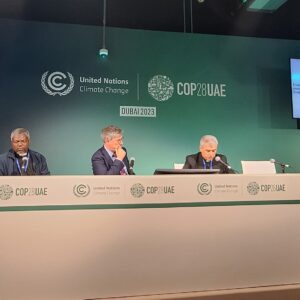
Dubai/Brussels/Rome, 7 December 2023 – The international networks of Catholic social justice organisations, Caritas Internationalis and CIDSE, urge negotiators and world leaders attending the Climate Change Conference (COP28) in Dubai to work for a just and bold agreement that ensures the phase-out of all fossil fuels, gets the planet on track to achieving the Paris ...
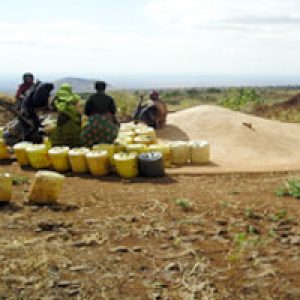
This year Caritas Internationalis will participate in global climate talks at COP28 (30 November – 12 December) in Dubai as part of the Holy See Delegation. At COP28, Caritas, a confederation of 162 national member organisations, will urge state leaders to support Global South nations, which bear a disproportionate burden from the impacts of the ...
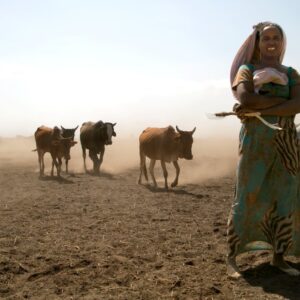
As part of the inauguration of the Global Year of Action of the “Together We” campaign, aimed at promoting integral ecology by simultaneously protecting people and our planet, Caritas Internationalis will launch its publication Displaced by a changing climate, highlighting the vital need for collective action to address the consequences of environmental degradation. Caritas Internationalis, ...
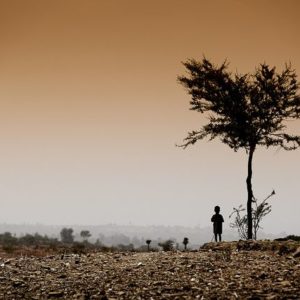
One week after the release of Pope Francis’ apostolic exhortation Laudate Deum, faith leaders around the world are endorsing support for a Loss and Damage Fund to mitigate the detrimental and unjust impacts of climate change already affecting the poor. Many Global South nations contribute the least to the climate crisis, yet pay the heaviest ...
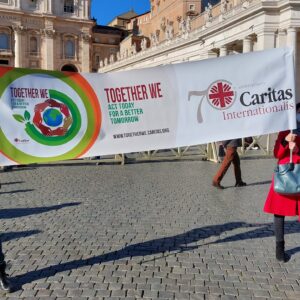
The Caritas Confederation welcomes the new apostolic exhortation Laudate Deum, released today by Pope Francis on the liturgical feast of Saint Francis of Assisi. The letter is an update of his encyclical letter Laudato Si’, published in May 2015, and expresses the Pope’s “heartfelt concerns about the care of our common home”. Caritas shares Pope ...

“Because all creatures are connected, each must be cherished with love and respect” — Laudato si’ (42) Industrialization, mass consumption and transformations in agriculture have brought the living world to a crisis point. We have caused an ongoing mass extinction of species, from mammals down to the smallest plants and bacteria. It’s urgent to change ...
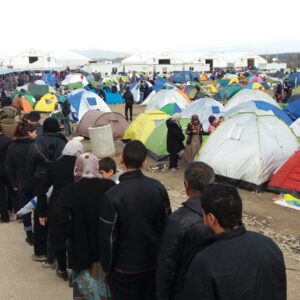
“Free to choose whether to migrate or to stay”. Celebrating the 109th World Day of Migrants and Refugees on 24 September 2023, Caritas Internationalis makes its own the title of Pope Francis’ message for this Day. On the one hand, the right to stay in one’s own country means that social, working and human development ...

“A true ecological approach always becomes a social approach; it must integrate questions of justice” — Laudato si’ (49) Social justice and human rights are woven through all of today’s most pressing environmental issues. Those who contribute least to environmental harm often suffer its worst effects. Equity and fairness are also often at the heart ...
How Caritas works on Food
Caritas addresses today’s food problems by working on the root causes of hunger and food scarcity. It promotes investment in agricultural and rural development. Part of the solution is also ensuring that communities are made less vulnerable to the more frequent extreme weather brought by climate change. Learn more.

